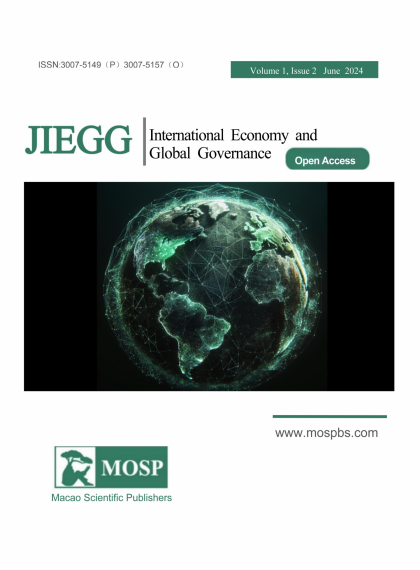Abstract
The aim of the article is to address the issue of the resilience of the economic system to contemporary global challenges under the influence of external and internal shocks; to identify the theoretical foundations of external factors that may have a shock impact on the economic system; and to highlight the impact of shocks on the international economic system in the context of the globalization process. Globalization is based on the development of global markets for goods, services, labour and capital. The globalization process is characterized by an increase in financial flows in interested sectors of the national economy, the rapid development of financial markets, which generates strong financial flows, and the intensification of the creation, development and dissemination of innovative processes in financial markets. According to the article, adaptation is a process that produces changes in both quant ity and fitness, which enables a system to operate optimally under changing conditions, while resilience implies the ability of the system to react quickly to changes in its operating conditions during its operation. The article also analyzes and studies the content of external and internal shocks, their transmission to national economic systems and the spread of financial crises. External shocks in the context of globalization are the most visible and important manifestation of the impact of exogenous factors on national economic systems, and the systemic role of external shocks lies in the fact that they are one of the components of the mechanism of the spread of global financial instability.
Keywords: Economic Resilience, Globalization, Economic Shocks, Sustainability of National Economies
Download the full text PDF for viewing and using it according to the license of this paper.

